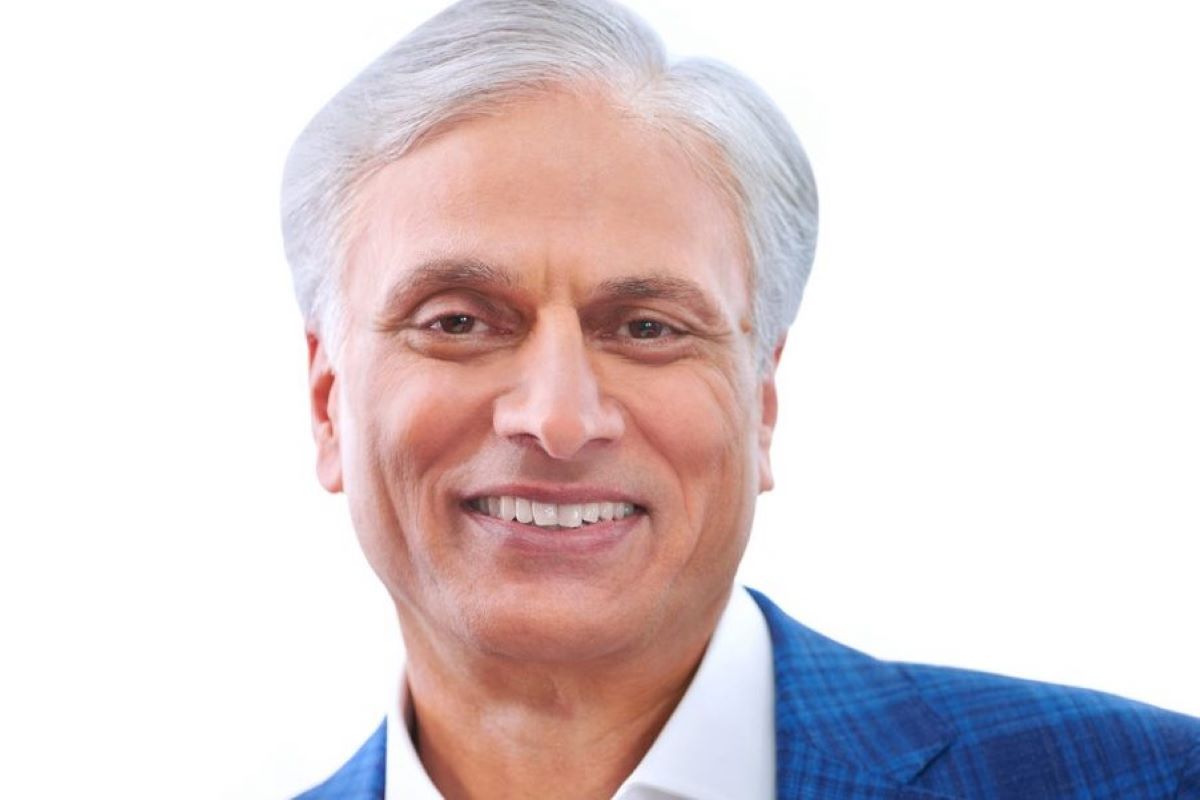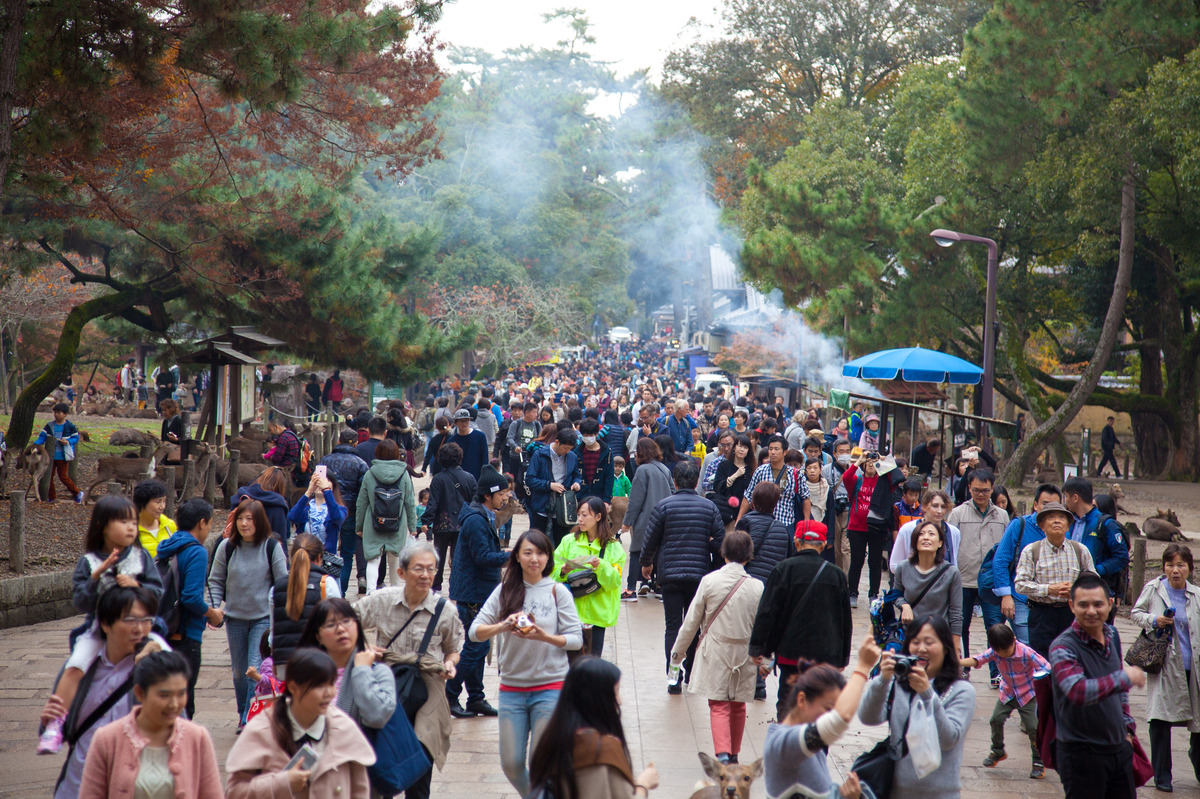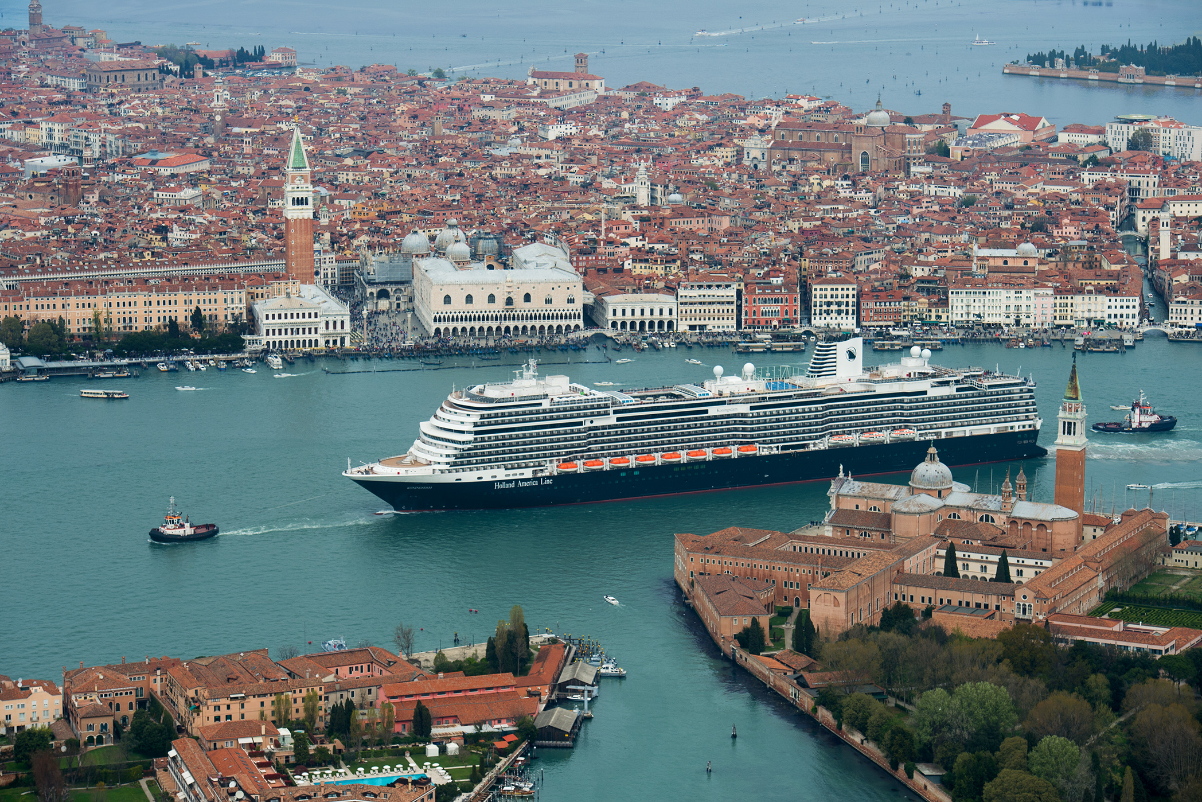India’s Sarovar Hotels Has a New Playbook

Skift Take
Indian hotel chain Sarovar Hotels and Resorts managing director Ajay Bakaya has a big hurdle to cross: maintaining the quality that his hotels have historically offered. Sarovar is one of the fastest-growing hotel chains in India. The company has opened seven hotels so far this year and is looking at opening another eight to 12.
However, Sarovar is taking a step back and not focusing as much on expansion but on what it can do to go back to what it has always delivered – simple straightforward hotels with quality housekeeping, quality food, and people who bend over backwards to make sure that the guests are happy.
There is another challenge: Lack of talent across the hospitality industry.
Bakaya told Skift that to overcome this issue, Sarovar has tied up with the Indian School of Hospitality.
“We have selected our first 25 management trainees. The course starts in the middle of August, and these candidates will get a certificate at the end of 12 months. They also have guaranteed jobs at junior executive positions after the course concludes.”
With this, Sarovar is trying to build an army of people who understand its culture and can steer the organization because they understand it.
According to the managing director, the solution to the issue of lack of talent is evolving and matching actions with words. “We need to match the demands of the new generation of workers, who have different needs from the workers we had in the last 15 to 20 years. The organizations that evolve faster will grow faster.”
Growth Plans
In India, Sarovar expects to have 125 operational hotels in 2024, and plans to expand this number to 150 by 2025-end. “These are conservative numbers. I want to ensure that we open hotels smoothly and properly rather than in a rush,” said Bakaya. The company is looking at a pipeline of 70 to 80 hotels currently.
Bakaya said they are looking at cities such as Bengaluru, Lucknow and Jaipur, that have emerged as hubs in the past few years. “Delhi and Mumbai remain our focus points. The rest is opportunity based,” he added.
It is also set to open two hotels in Africa this year, taking its number of keys to 500, Bakaya told Skift. The hotel chain currently has nearly 250 rooms across three hotels in Nairobi and Lusaka.
“We are opening two more hotels in Uganda and Somaliland in 2024. We are very excited about the openings in Africa and the fact that this is our revival after the two-three years that we lost due to Covid,” he said. The company also has additional hotels in the pipeline across Ethiopia and Zimbabwe.
Sarovar is also planning to launch a hotel in Nepal.
The New Business Model
Bakaya highlighted a key aspect of Sarovar’s expansion strategy: the introduction of a new business model known as Sarovar Affiliate, rolled out in January.
With this initiative, the company identifies and assesses opportunities for owners to establish their own brands, while affiliating with Sarovar for sales and reservation support.
Bakaya explained that the new business model will aid Sarovar in expanding its portfolio significantly in the mid-market and premium segments over the next five years.
At the time of the launch of Affiliate, Sarovar had signed an agreement with Bengaluru-based Grand Continent Hotels to add 10 hotels over the next five years.
“We are already operating seven hotels with over 400 keys as part of this model. We have some more developments taking place in this area, and are quite happy with the way things are shaping up,” he said.
Harnessing Technology
Sarovar is also placing a strong emphasis on technology, collaborating with its parent company Louvre to adapt and enhance technology platforms.
According to Bakaya, the current processes that facilitated the expansion of the first 100 hotels may not suffice for the next 100 properties. Therefore, they are implementing improved reporting formats and systems to transition from a 100-hotel to a 150-hotel company.
The company is also developing an internal hotel trend deck to monitor trends across different properties. Bakaya explained, “This will alert us to trends in various hotels, such as declines in occupancy rates.”
This system, he said, provides reassurance to hotel owners facing issues, allowing the central management to promptly address the issue.





